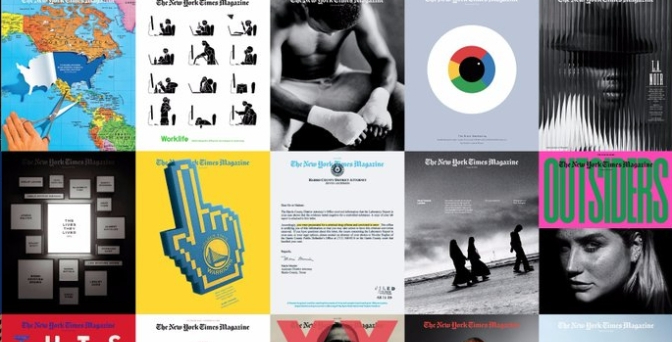The Place des Abbesses is located within the Montmartre area of Paris where it is home to an original art nouveau metro entrance, plus the Square Jehan-Rictus with the I Love You wall and the Paroisse Saint Jean church that was constructed in a revolutionary style at the time. There was once a Benedictine convent in this area of Paris that was built on the site of the martyrdom of Saint Denis, which was a popular place for pilgrimages until it was destroyed during the French Revolution, and this is where the Place des Abbesses gets in name from. The Place des Abbesses is a typical square that has a traditional feel, yet is now a popular place for shopping with some old shops and chic boutiques close by, along with numerous restaurants for that all important experience of eating out in Paris. Alternatively, you could just enjoy a coffee at one of the many cafes in Paris that are also situated around this square.
Tag Archives: April 2022
Morning News: U.S. Meets With Zelensky In Ukraine, Macron Wins Re-Election
US Secretary of State Antony Blinken and Secretary of Defense Lloyd Austin met with President Volodymyr Zelensky in Kyiv, promising to gradually re-establish a diplomatic presence in Ukraine.
French President Emmanuel Macron won a second term, beating far right candidate Marine Le Pen with 58 percent of the vote. And, workers at an Amazon sorting facility in Staten Island begin voting on unionization today.
Front Page: Wall Street Journal – April 25, 2022
Science Books: Top New Picks – Nature Magazine
Andrew Robinson reviews five of the week’s best science picks.
Spark
Timothy J. Jorgensen Princeton Univ. Press (2022)
The use of electricity in medicine has long been controversial, notes health physicist Timothy Jorgensen. Eighteenth-century polymath Benjamin Franklin applied shocks to paralysed muscles with temporary success. In the 1930s, neurologist Ugo Cerletti pioneered painful but effective electroconvulsive therapy for schizophrenia and depression. Yet even today, “no one is sure exactly how ECT works”, says Jorgensen in his brilliant book. Now, business magnate Elon Musk plans to implant computer chips to treat brain disorders.
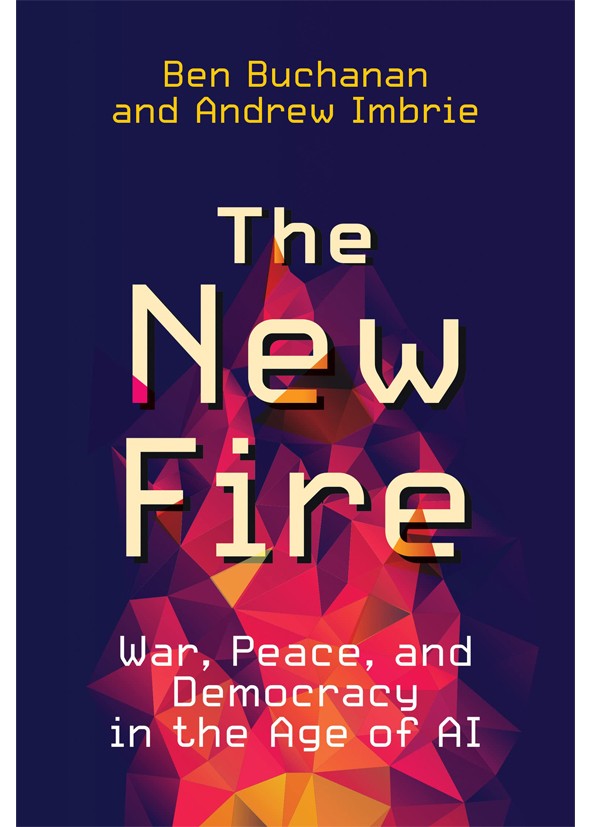
The New Fire
Ben Buchanan & Andrew Imbrie MIT Press (2022)
Artificial intelligence (AI) is not like electricity, but like fire, say Ben Buchanan and Andrew Imbrie — academic specialists in emerging technology — in their authoritative, coruscating analysis of its current and future significance. Its potential impact ranges from illuminating to catastrophic, according to three rival and sometimes overlapping views from observers whom they label “evangelists, warriors and Cassandras”. “Three sparks ignite the new fire,” say the authors: data, algorithms and computing power.
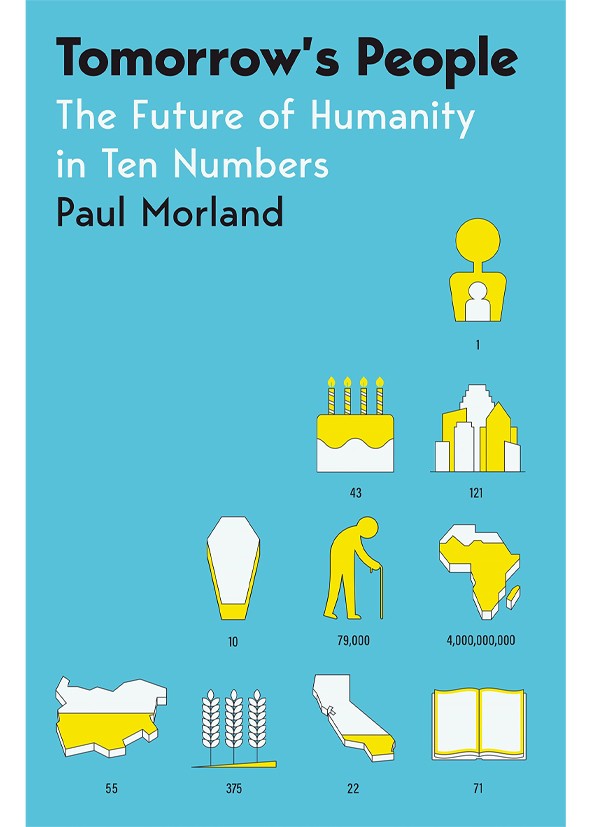
Tomorrow’s People
Paul Morland Picador (2022)
“To most of us, the influence of demography on our future is far from obvious,” writes demographer Paul Morland. City dwellers tend to have low fertility, thereby creating an older population and eventually population decline, which could prompt migration and ethnic change, as in today’s United Kingdom — or might not, as in Japan. Morland’s careful book discusses ten indicators, one per chapter: infant mortality, population growth, urbanization, fertility, ageing, old age, population decline, ethnic change, education and food.
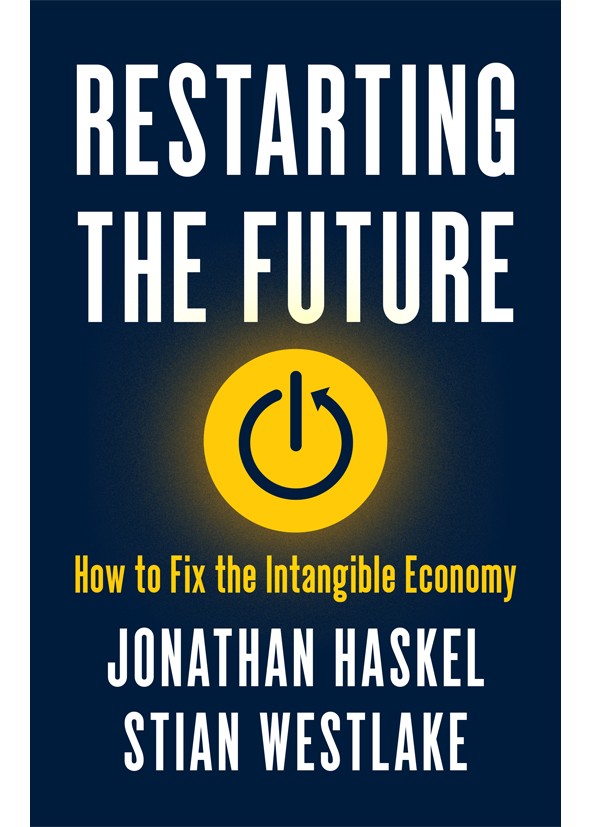
Restarting the Future
Jonathan Haskel & Stian Westlake Princeton Univ. Press (2022)
In the past few decades, growth has stagnated in advanced economies. This is odd, given low interest rates, high business profits and a wide belief that we live with “dizzying technological progress”, write economists Jonathan Haskel and Stian Westlake. They argue that the old economic model based on material production fails when it comes to intangible assets — such as software, data, design and business processes — that hinge on ideas, knowledge and relationships. Financial and state institutions must update to cope.
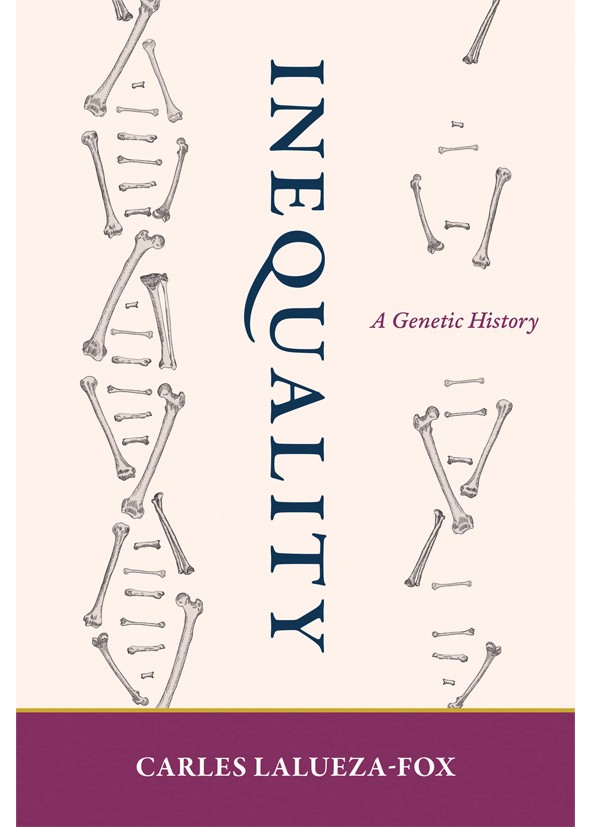
Inequality
Carles Lalueza-Fox MIT Press (2022)
Inequality and its origins will always preoccupy humans. In 2014, biologist Carles Lalueza-Fox led the retrieval of a genome from a European forager’s skeleton more than 7,000 years old; his later studies revealed genetic evidence of “inequality and discrimination in different times and periods”, as he describes in this significant book, written during the pandemic. He concludes by observing that COVID‑19 has had an enhanced impact on poor people, which he anticipates will feature in future genetic studies.
Events: Rio de Janeiro’s ‘Carnival Parade’ Returns
Colorful floats and flamboyant dancers are delighting tens of thousands jammed into Rio de Janeiro’s iconic Sambadrome, putting on a delayed Carnival celebration after the pandemic halted the dazzling displays.
Sunday Morning: News And Stories From Paris
Monocle’s Emma Nelson, Tom Burges Watson and panellists Florence Biedermann and Agnes Poirier cover the weekend’s biggest topics in this special broadcast from Paris. Also on the programme: how the French hospitality industry is enjoying a post-pandemic bounceback.
Front Page View: The New York Times – April 24, 2022
Preview: New York Times Magazine – April 24, 2022
Preview: New York Times Book Review – April 24

- PICTURE BOOKS Lost, and Found, in Translation: 3 Picture Books About Language Turn Anglocentric Tropes on Their HeadEnglish is gibberish, “X” is for bear and a shared word is everyone’s cup of tea — in new work by Young Vo, Ellen Heck and Andrea Wang.By KORY STAMPERApril 22, 2022
- OUR READERS RESPOND People Cope With Tragedy by Writing Poems. Maybe They Shouldn’t.And other letters to the editor.April 22, 2022
- New in Paperback: Helen Oyeyemi and George SaundersSix new paperbacks to check out this week.By MIGUEL SALAZAR
Saturday Morning: News And Stories From London
Georgina Godwin covers the weekend’s biggest discussion topics, Charles Hecker reviews the newspapers and Monocle’s editor in chief Andrew Tuck is back with his weekend column.









